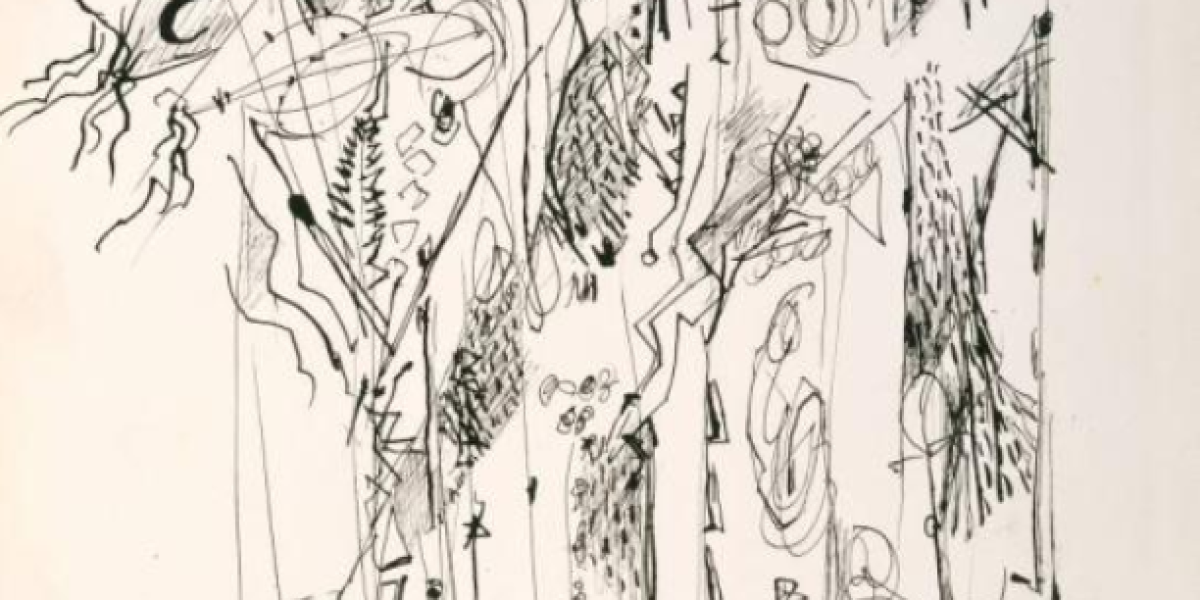Narrating Trauma

Faculty:
Trauma and narrative are concepts with a long and intertwined history, developing in a constant state of tension with one another. While trauma disrupts the coherence of experience and renders narration difficult or even impossible, narrative becomes a means of overcoming—and even healing—traumatic experience. Literary trauma theory, which emerged in the 1990s, focuses on writing strategies that make it possible to speak the unspeakable, bear witness to the impossible, and find ways of overcoming traumatic experience through text. Writers often reproduce the forms and symptoms of trauma, creating narratives marked by non-linearity, disrupted continuity, and repetitive structures.
However, trauma not only generates a new literary aesthetic but is also shaped by ethical frameworks that influence how traumatic experience is narrated and how such narratives are received. This course will explore literary representations of trauma and a variety of approaches to their interpretation. We will reflect on how individual and collective trauma can be represented in literature, the function of testimony, and how trauma is entangled with memory and appeals to empathy. The primary material will be contemporary Russian-language literature from 2000 to 2025.
Guidelines for the Statement of Interest:
Craft a reflective statement of purpose explaining your interest in the Smolny Beyond Borders online course. The file should be saved with your name and course title as the filename and uploaded accordingly. Your statement’s clarity and substance will significantly influence our selection. Convey your motivations and aspirations for this course succinctly but thoroughly. Kindly write your statement in the course’s Language of Instruction.